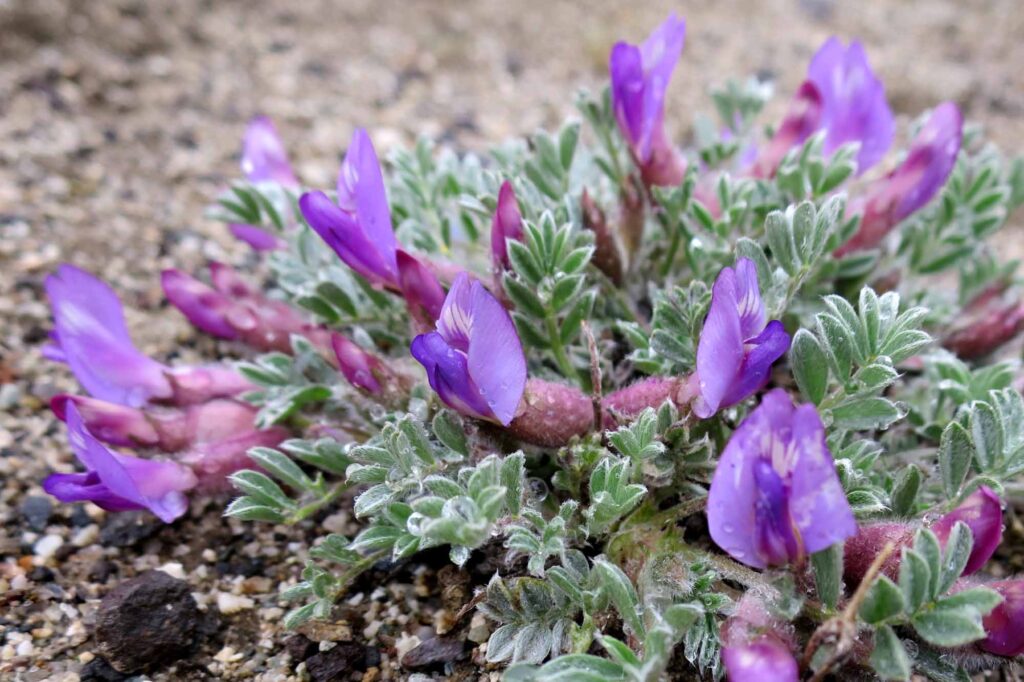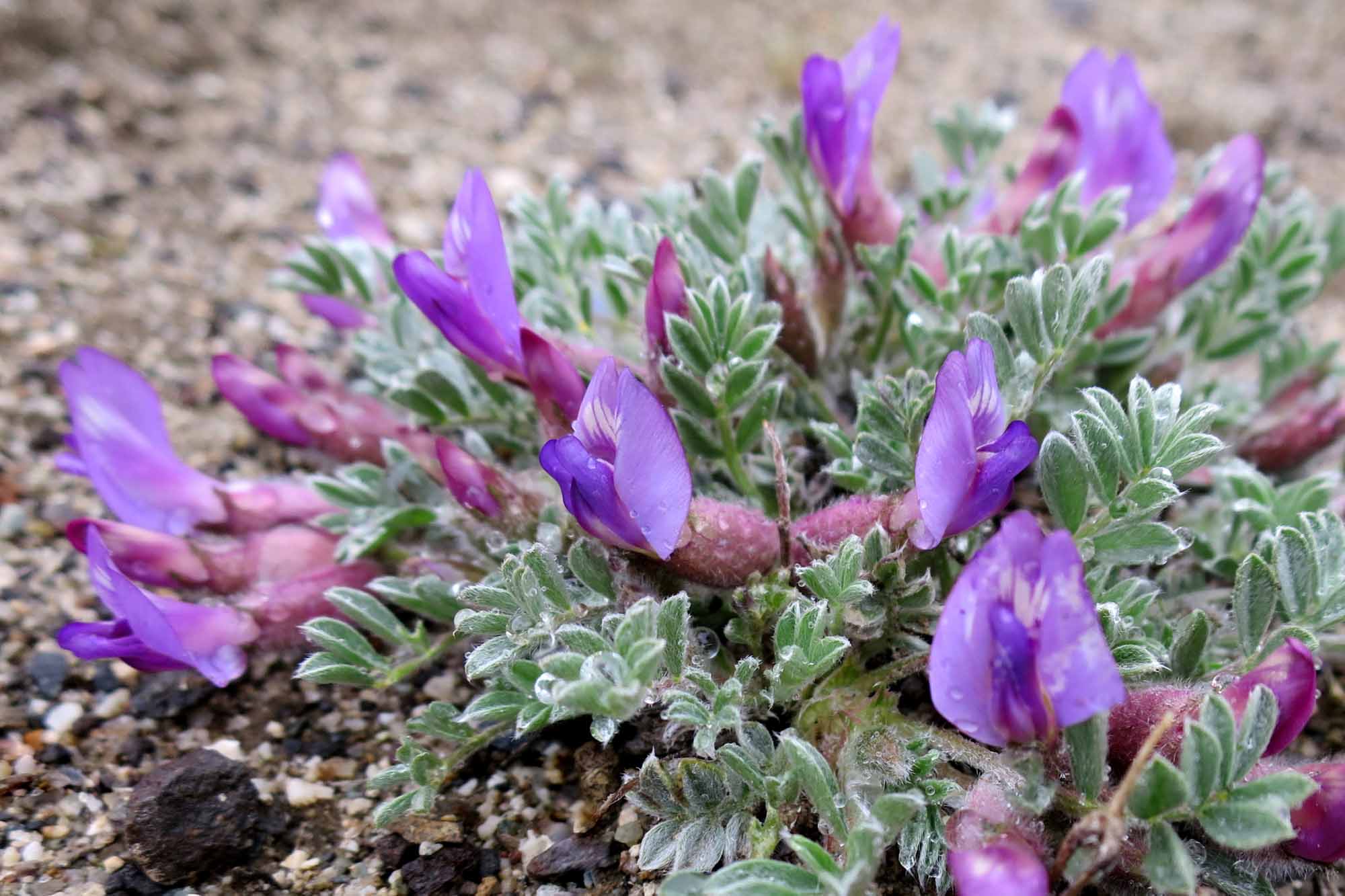
Locoweed, also known as crazyweed, is a type of plant that belongs to the pea family (Fabaceae) and is native to North and Central America. It is known for its toxic properties, which can cause serious health issues in livestock and wildlife that consume it.
Locoweed contains toxic alkaloids, such as swainsonine and selenium, which can cause a range of symptoms in animals that ingest it, including neurological, reproductive, and digestive problems. The plant is commonly found in rangelands and pastures, and can be ingested by grazing animals, such as cattle, horses, and sheep, when other forage is scarce.
The toxic effects of locoweed can vary depending on the species of plant, the stage of growth, and the amount consumed. Ingestion of locoweed by animals can result in weight loss, poor growth, reduced fertility, birth defects, and even death in severe cases. The severity of the toxic effects can also depend on the duration and frequency of exposure to locoweed.
Locoweed is considered a problematic plant in livestock production areas, as it can reduce the quality and quantity of forage available for grazing animals. Controlling locoweed often involves a combination of cultural, chemical, and biological methods, including proper grazing management, herbicide application, and biological control using insects or pathogens.
Some of the effects of locoweed toxicity in horses may include:
- Neurological symptoms: Horses that consume locoweed may exhibit neurological signs such as ataxia (incoordination), stumbling, lack of coordination, and altered behavior. These symptoms may be due to the toxic alkaloids affecting the nervous system.
- Reproductive issues: Locoweed toxicity in pregnant mares can lead to fetal malformations, including skeletal abnormalities and developmental issues. In some cases, it can cause abortions or stillbirths.
- Digestive problems: Ingestion of locoweed can also result in digestive issues in horses, such as colic, diarrhea, and reduced appetite. These symptoms may be caused by the toxic effects of the alkaloids on the gastrointestinal tract.
- Reduced weight gain and poor growth: Locoweed can negatively impact the growth and weight gain of horses, as it can reduce the quality and quantity of forage available for grazing.
- Other systemic effects: Locoweed toxicity can also affect other body systems in horses, such as the immune system and the liver. It can result in immunosuppression, liver damage, and other systemic issues.
Locoweed is poisonous at all times, even when dried. Swainsonine, an indolizide alkaloid found in all parts of the plant, inhibits the enzymes alpha-mannosidase I & II which are essential for normal carbohydrate and glycoprotein metabolism in cells. As a result, these carbohydrates(oligosaccharides)accumulate in the cells of the brain and most other organs with the result that normal cell function is impaired. Depending on the duration of locoweed consumption, the affected cells can be permanently damaged. Swainsonine is secreted in the milk of lactating animals and will therefore affect the young animal suckling its mother.
Cited: Colorado State University https://csuvth.colostate.edu/poisonous_plants/Plants/Details/12
TREATMENT: There is no treatment that is effective for locoweed poisoning. Animals should be immediately removed from locoweed pastures, and the pastures should be treated to remove the plant. Recovery depends on the severity of ingestion/symptoms. Horses affected by lcoweed should be considered permanently affected.






Leave a Reply
You must be logged in to post a comment.